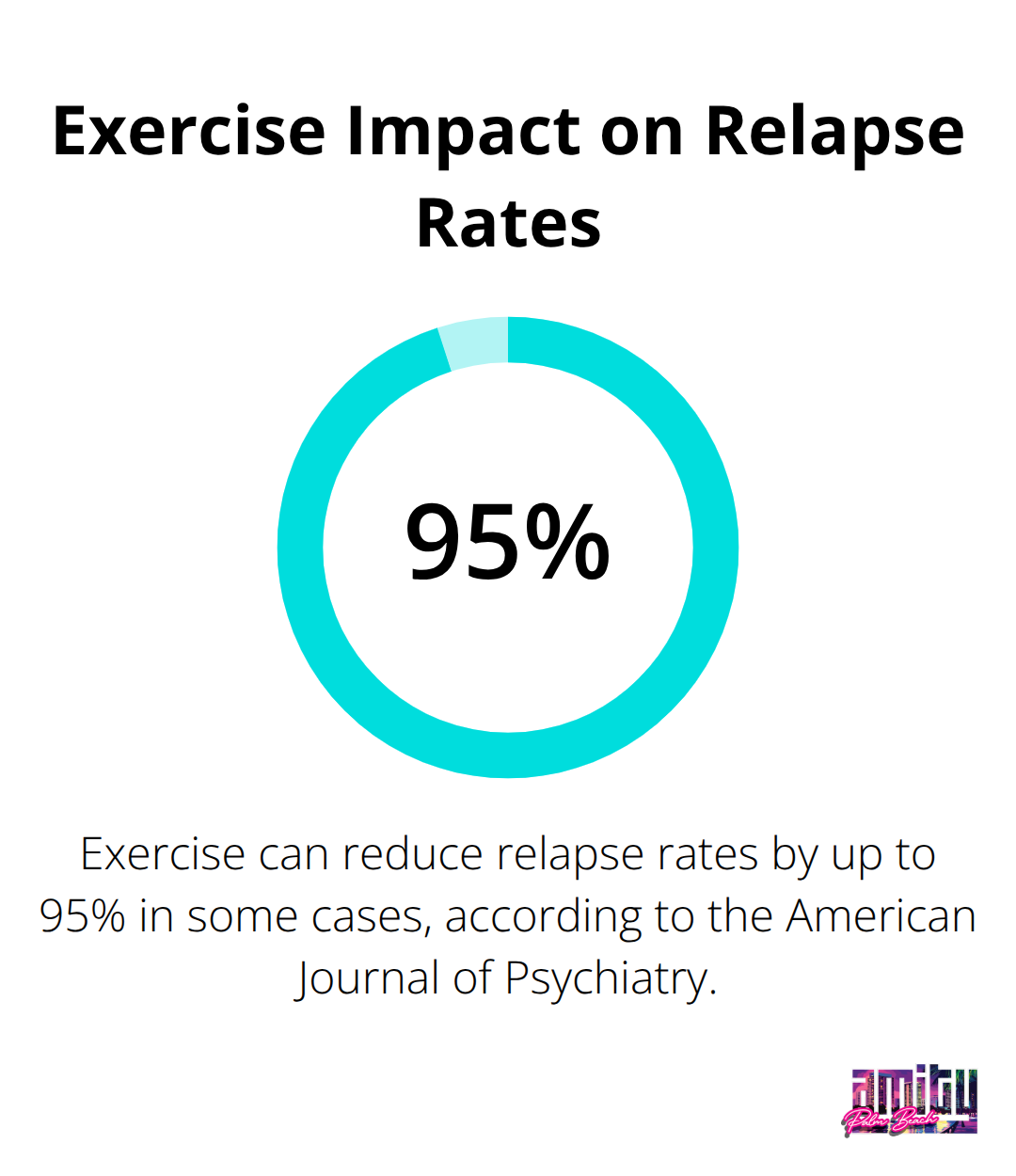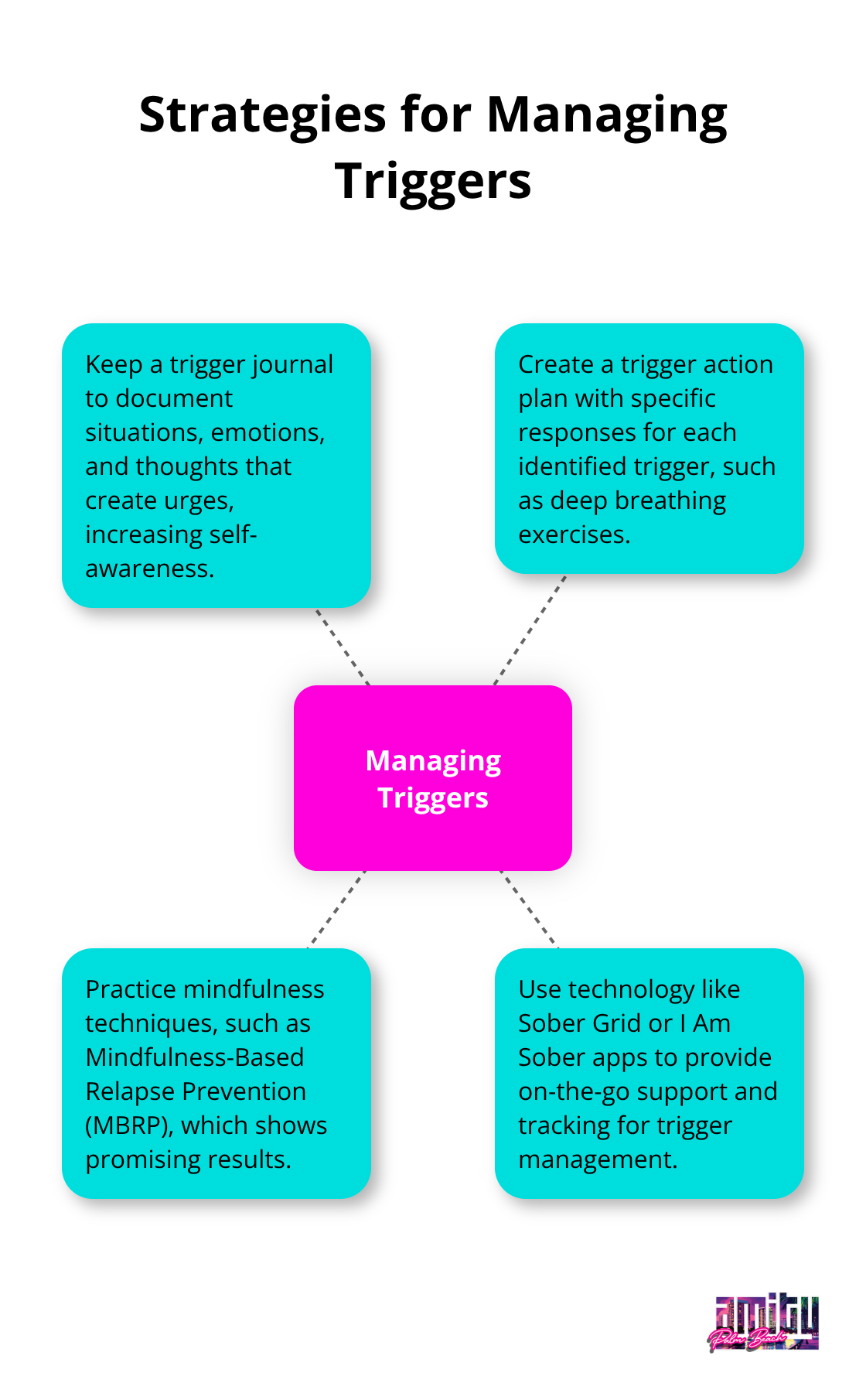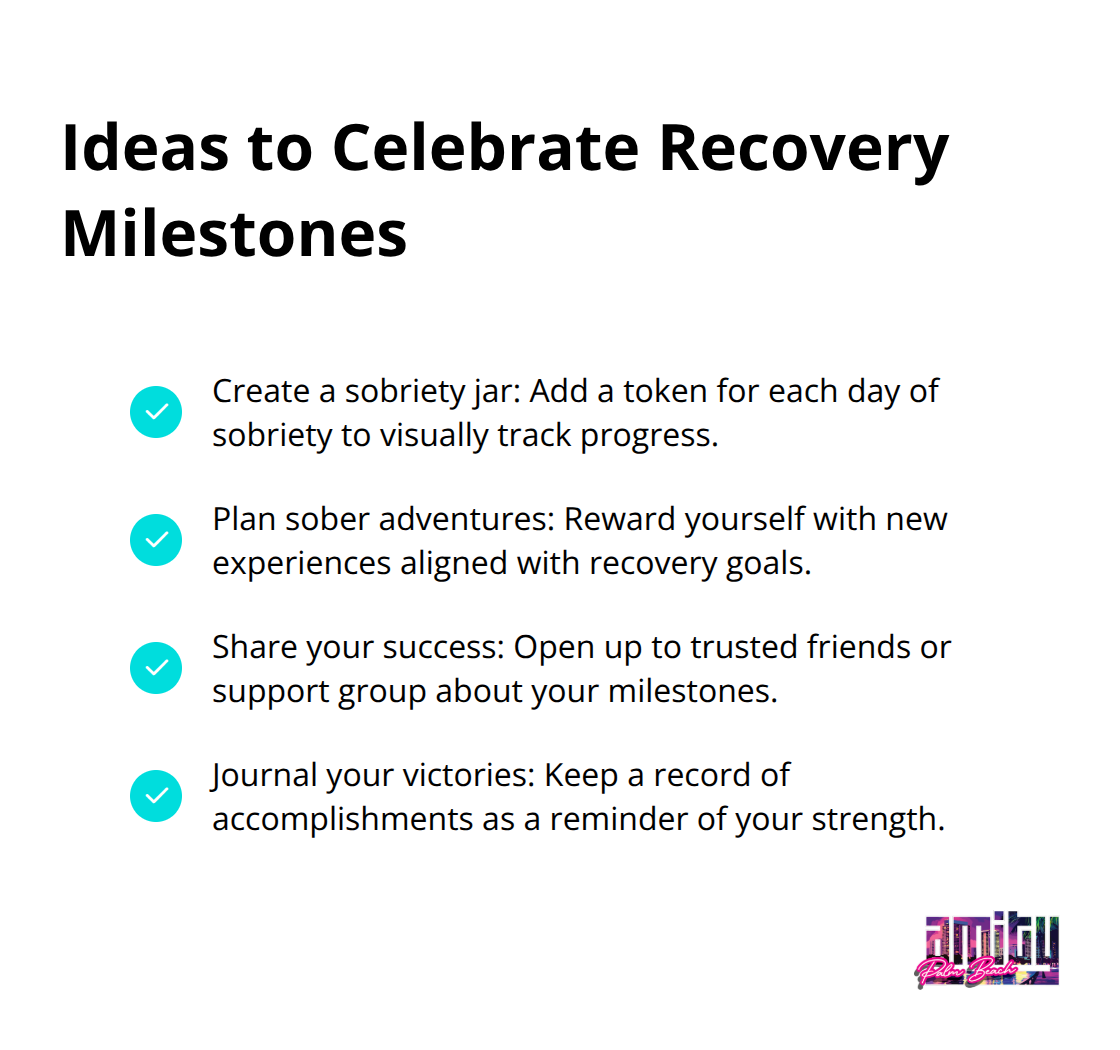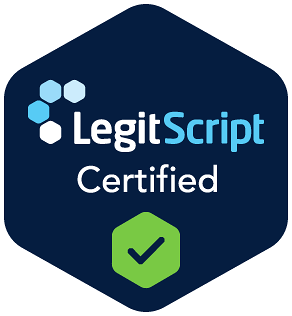At Amity Palm Beach, we understand that the recovery journey is a deeply personal process. Each individual’s path to sobriety is unique, filled with challenges and triumphs.
Our goal is to guide you through the stages of change in addiction recovery, helping you build a strong foundation for lasting sobriety. This blog post will explore practical strategies for navigating obstacles, maintaining momentum, and embracing personal growth on your journey to a healthier, substance-free life.
What Does Personal Recovery Look Like?
The Unique Nature of Recovery
Recovery from addiction is as individual as the person experiencing it. At Amity Palm Beach, we’ve witnessed how each person’s journey to sobriety unfolds in its own way. This personal nature of recovery explains why one-size-fits-all approaches often fail to produce lasting results.
Understanding the Stages of Change
The stages of change in addiction recovery, based on the transtheoretical model (TTM), provide a framework to navigate your path more effectively. A study aimed to investigate the effect of educational intervention using TTM on adherence to Methadone Maintenance Treatment (MMT).
Customizing Treatment to Your Needs
Individualized treatment plans significantly improve outcomes in addiction recovery. A study by the National Institute on Drug Abuse found that treatment success rates increase when care adapts to the individual’s unique circumstances.
At Amity Palm Beach, we conduct thorough assessments to understand your specific needs, including:
- Substance use history
- Mental health status
- Physical health
- Family dynamics
- Career and lifestyle factors
This comprehensive approach allows us to create a treatment plan that addresses all aspects of your life affected by addiction.
Holistic Healing Approaches
Recovery extends beyond abstaining from substances; it involves healing the whole person. Holistic addiction recovery often integrates proven traditional therapies such as cognitive-behavioral therapy (CBT) and medication management with complementary approaches.
Active Participation in Your Recovery
Your recovery journey belongs to you alone. While guidance and support play vital roles, you remain the expert on your own experiences and needs. We encourage you to speak up about what works for you and what doesn’t. Your active involvement in shaping your treatment plan marks a powerful step towards lasting sobriety.
As we move forward, let’s explore how to build a strong foundation for your sobriety journey, starting with the development of healthy coping mechanisms and the creation of a supportive network.
How to Build Your Recovery Foundation
At Amity Palm Beach, we’ve observed how a strong foundation sets the stage for lasting sobriety. Let’s explore practical steps to fortify your recovery journey.
Master Healthy Coping Skills
Developing robust coping mechanisms is essential for navigating life’s challenges without turning to substances. Our clients find success with techniques like:
- Mindfulness meditation: A study in the Journal of Substance Abuse Treatment found that mindfulness practices reduced cravings by up to 20% in recovering individuals.
- Physical exercise: Regular workouts release endorphins, natural mood boosters. The American Journal of Psychiatry reports that exercise can reduce relapse rates by up to 95% in some cases.
- Journaling: Writing thoughts and feelings helps process emotions. Many individuals report reduced anxiety after implementing a daily journaling practice.
- Creative expression: Art therapy, music, or dance provide healthy outlets for stress. The National Institute on Drug Abuse recognizes these as valuable complementary therapies in addiction treatment.

Cultivate Your Support Network
Social support systems are often the most important factor in initiating and sustaining recovery from substance use disorders (SUDs). Here’s how to build yours:
- Attend support groups: Whether it’s 12-step programs or SMART Recovery, regular attendance increases your chances of long-term sobriety.
- Reconnect with supportive family and friends: Mending relationships damaged by addiction takes time but is worth the effort. Family therapy sessions can improve communication and understanding among loved ones.
- Consider sober living: Transitional housing provides a supportive environment as you reintegrate into daily life.
Address Co-occurring Mental Health Issues
Mental health and addiction often go hand-in-hand. Taking a dual diagnosis approach is critical:
- Seek professional help: A therapist specializing in both addiction and mental health can provide targeted treatment.
- Consider medication: For some, medication-assisted treatment (MAT) can be a game-changer. The FDA has approved several medications for alcohol and opioid use disorders that, when combined with counseling, can significantly reduce relapse rates.
- Practice self-care: Regular sleep, proper nutrition, and stress management techniques all contribute to better mental health. The National Alliance on Mental Illness (NAMI) emphasizes the importance of self-care in managing both addiction and mental health conditions.
Embrace Holistic Healing
Recovery isn’t just about abstinence; it’s about overall wellness. Try to incorporate these holistic approaches:
- Nutrition therapy: A balanced diet supports physical and mental recovery. The American Journal of Clinical Nutrition links proper nutrition to improved mood and reduced cravings in recovering individuals.
- Acupuncture: This ancient practice can help manage withdrawal symptoms and reduce stress. A study in the Archives of Internal Medicine found that acupuncture (when combined with traditional treatment) improved retention rates in addiction programs by 21%.
- Yoga and meditation: These practices promote mindfulness and stress reduction. Research in the Journal of Alternative and Complementary Medicine shows that yoga can decrease cortisol levels, the stress hormone often elevated in early recovery.
The implementation of these strategies lays a solid groundwork for your recovery journey. As you build this foundation, you’ll find yourself better equipped to navigate challenges and maintain momentum in your path to sobriety. Continuing care is the foundation of long-term recovery, offering the tools and support needed to maintain sobriety and build a fulfilling life. Let’s explore how to effectively manage triggers and prevent relapse in the next section.
How to Navigate Recovery Challenges
Identify and Manage Triggers
Psycho-social factors associated with relapse to drug addiction include stress, specific individuals or locations, and emotional states such as anger or loneliness.
To manage triggers effectively:

Implement Effective Relapse Prevention Strategies
Relapse prevention requires a comprehensive approach. The Substance Abuse and Mental Health Services Administration (SAMHSA) emphasizes these strategies:
- Attend regular therapy sessions: Cognitive-behavioral therapy (CBT) proves particularly effective.
- Join support groups: Regular attendance at groups like Alcoholics Anonymous or SMART Recovery can significantly reduce relapse risk.
- Develop a structured routine: Establish daily habits that support recovery, such as regular exercise, meditation, or hobby time. Structure helps reduce idle time that can lead to relapse.
- Create a relapse prevention plan: This detailed document outlines your triggers, coping strategies, and emergency contacts. Review and update it regularly with your therapist or support group.
Embrace Personal Growth
Recovery offers an opportunity for profound personal development. Try these methods to foster growth:
- Set achievable goals: Start small and build up. This could involve committing to a daily 10-minute meditation practice or reading one chapter of a self-help book each week.
- Explore new interests: Try activities you’ve always been curious about. This not only provides healthy distractions but can also lead to new passions and social connections.
- Practice self-compassion: Show kindness to yourself during setbacks.
- Engage in continuous learning: Whether through formal education or self-study, learning new skills can boost self-esteem and provide a sense of accomplishment.
Celebrate Progress and Milestones
Recognizing your achievements (both big and small) reinforces positive behaviors and motivates continued progress. Try these celebration ideas:

Final Thoughts
The recovery journey challenges and rewards individuals who commit to lasting sobriety. We at Amity Palm Beach understand the personal nature of this process and offer tailored treatment plans to address unique needs. Our comprehensive programs support clients through every stage of recovery, from developing healthy coping mechanisms to celebrating milestones.
Professional support plays a vital role in achieving and maintaining sobriety. We provide experienced guidance to help you overcome addiction and build a fulfilling, substance-free life. Our team stands ready to assist you with personalized strategies for managing triggers, preventing relapse, and fostering personal growth.
Take the first step towards reclaiming your life today. Contact Amity Palm Beach to explore our addiction treatment options and start your journey to lasting recovery. Your path to a healthier future begins with a single decision to seek help.




